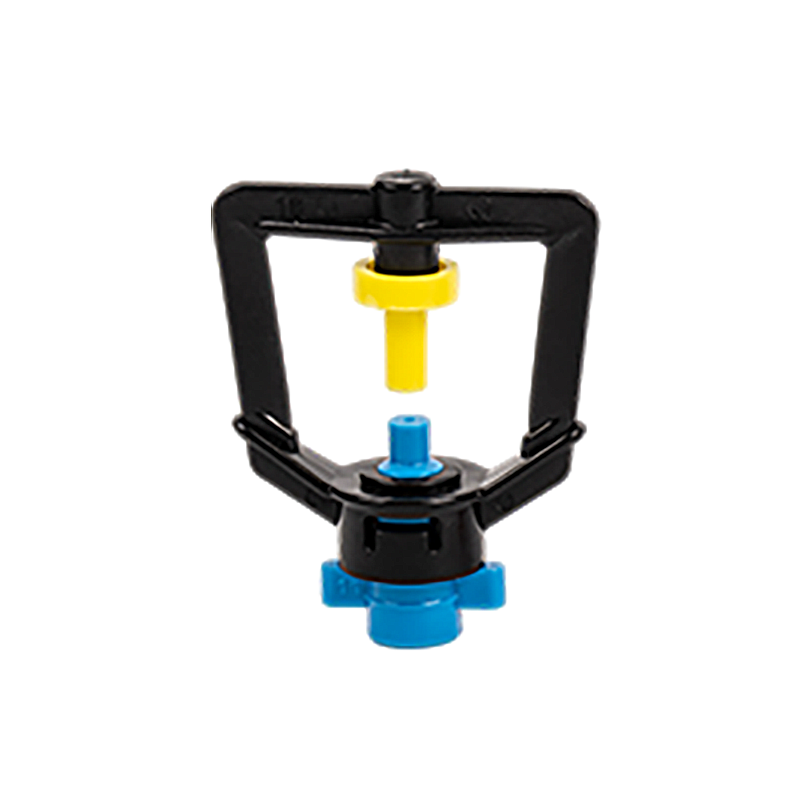 By Admin
By Admin Enhanced Water Efficiency: Micro sprinklers excel in delivering water precisely where it's needed, targeting the root zones of plants. This precision reduces the risk of water wastage associated with traditional systems that may result in overspray or runoff. By using a finer spray and lower flow rates, micro sprinklers minimize evaporation losses and ensure that water penetrates the soil effectively. This targeted irrigation approach helps achieve optimal soil moisture levels, which are crucial for maintaining plant health and growth.
Significant Reduction in Water Usage: The efficiency of micro sprinklers in delivering water is unmatched compared to conventional sprinkler systems. Traditional systems often cover a broad area, leading to significant water wastage. In contrast, micro sprinklers focus on specific areas with controlled output, using less water while still providing sufficient coverage. This reduction in water consumption not only lowers water bills but also supports sustainable water practices by minimizing unnecessary water use and conserving this precious resource.
Promotion of Optimal Plant Health: Consistent and even moisture distribution is essential for plant health. Micro sprinklers ensure that plants receive a steady supply of water without the extremes of drought or saturation. This even application promotes strong root development and robust plant growth. Healthy plants are better equipped to resist pests and diseases, leading to a more vibrant and productive garden. By maintaining optimal moisture levels, micro sprinklers contribute to the overall vitality and resilience of garden plants.
Minimization of Soil Erosion: Soil erosion is a common issue with traditional sprinkler systems, especially on sloped terrains or loose soils. The forceful spray from conventional sprinklers can displace soil and cause erosion. Micro sprinklers, with their gentle and targeted water delivery, significantly reduce the risk of soil erosion. By applying water in small droplets or fine mist, micro sprinklers help maintain soil structure, reduce runoff, and prevent the loss of valuable topsoil.
Flexibility and Customization of Water Delivery: One of the standout features of micro sprinklers is their adaptability. They can be adjusted to produce various spray patterns—such as mist, fine spray, or jet—and tailored to different coverage areas. This customization allows gardeners to precisely match their irrigation needs to the specific requirements of different plants and garden sections. Whether dealing with densely planted flower beds or sparse vegetable rows, micro sprinklers provide versatile solutions for efficient water distribution.
Reduction of Weed Growth: Traditional sprinkler systems often water large areas, including spaces where weeds can thrive. Micro sprinklers, however, concentrate water application on the plant root zones, which reduces the moisture available to surrounding weeds. By limiting the water supplied to non-plant areas, micro sprinklers help control weed growth, reducing competition for resources and making garden maintenance easier and more effective.
Operational Efficiency at Low Water Pressure: Unlike traditional sprinkler systems that may require high water pressure to function properly, micro sprinklers are designed to operate efficiently at lower pressures. This capability makes them suitable for gardens with variable or low water pressure, ensuring reliable irrigation across different conditions. By adapting to lower pressures, micro sprinklers offer flexibility and effectiveness even in areas where water supply is less consistent.
YR9806 refraction nozzle for nurseries greenhouse net room
